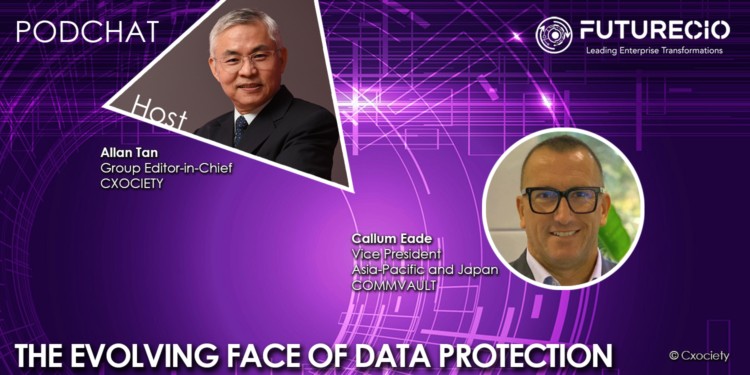One of the realities of the digital era is that personal data is no longer private. Anyone using a social media platform, a free mobile app, online gaming or those freemail accounts will have ceded part, if not all, of his or her privacy because few would ever bother to read those lengthy terms and conditions for use of the service.
Come on, there are 4,132 words in Facebook’s Terms and Conditions. A comparative study of 14 popular online services, Microsoft bested everyone with its 15,260 worded Terms & Conditions contract.
The current pandemic, however, and the governments use of contact tracing measures to monitor the spread of the virus is leading to calls for a review of personal data privacy. It’s also likely that similar concerns will be raised as businesses kickstart their return-to-work procedures.
Norton Rose Fulbright’s Asia Pacific cyber risk practice head, Anna Gamvros, acknowledged the tension that exists between the use of technology as an exit strategy for lockdown and the preservation of data privacy.
She argued that “The way in which individuals' data is collected and stored is central to this debate. The use of apps which involve the creation of centralised databases may present additional privacy and cybersecurity risks.

In this episode of PodChats for FutureCIO, Callum Eade, Commvault’s vice president, Asia Pacific & Japan, shares his view around data protection and approaches to ensuring the ethical use of personal data during the pandemic and perhaps after the crisis is over.
Below are excerpts from the PodChat. Click on the PodChat player for more details.
What is data protection and how do you differentiate it against data privacy?
Callum Eade: From our perspective, data protection can often be linked to compliance and the obligation that organisations have in managing the data in their environment, as well as having a strategy around it – which includes backup and recovery, disaster recovery.
How has Covid-19 changed the ways organisations execute their data protection strategies and data privacy practices today?
Callum Eade: The fact that organisations, just like yours and mine, have had to mobilise their workforce and have them very quickly accessing corporate environments remotely has meant that data protection needs have changed.
Is how we manage and store data any different from before 2020?
Callum Eade: The pandemic left an impact on how businesses manage, protect and use data in a few ways. Organisations are now realising that other businesses can benefit and take advantage of the data that they have, which has increased the importance of data management today.
Any best practices for enterprises and the public sector to better manage and protect data?
Callum Eade: Many organisations today have multiple, complex environments. CIOs and infrastructure heads need to make big decisions and they cannot afford to go wrong, not even once. Tech experts can provide insightful recommendations to address their unique environments in the best way.
How should organisations handle the data protection side of it?
Callum Eade: My advice will be to invest in and double down on the education for your team. It is also critical to understand the cultural impact of these technological changes on the team you are working with.
It is relatively easy to provide and create an internal environment which represents a plethora of revenues, from backup and recovery, to software and hardware solutions.
Do you anticipate a big change in terms of what has already been adopted as part of the new working environment that organisations have?
Callum Eade: The move to remote working saw unprecedented actions everywhere. Governments passed legislations enabling different industries to work remotely and created protection programmes for their staff. This had a significant change in hiring processes, mainly in two areas – how we think of our employees and how we secure our IT environments regardless of where data resides.
Click here for other PodChats.
We invite you to submit your ideas on topics you’d like us to cover on the next episode of PodChats for FutureCIO. Please email us at editors@cxociety.com.




